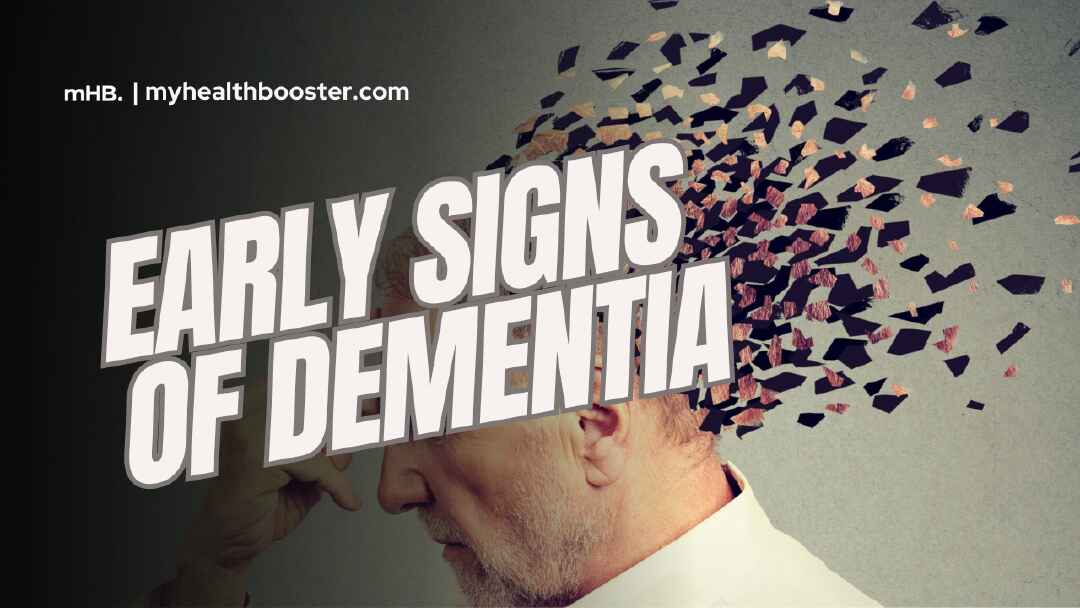The initial indicators of dementia are often nuanced and inconspicuous, making them challenging to discern. Moreover, early symptoms are contingent on the type of dementia and differ significantly from person to person.
Early Symptoms of Dementia
The early signs, though varied, commonly include:
- Memory Problems: Particularly recalling recent events.
- Increasing Confusion: A gradual increase in disorientation.
- Reduced Concentration: Difficulty focusing or maintaining attention.
- Personality or Behavior Changes: Altered demeanor or behavior.
- Apathy and Withdrawal or Depression: Loss of interest or withdrawal from activities.
- Loss of Ability to Perform Everyday Tasks: Struggling with routine activities.
Ten Warning Signs of Dementia
Review the following checklist for typical symptoms of dementia. If multiple signs are observed, seeking a doctor’s advice for a comprehensive assessment is advisable.
- Dementia and Memory Loss: Frequent or complete forgetting of tasks and appointments.
- Dementia and Difficulty with Tasks: Challenges in following the steps of familiar tasks.
- Dementia and Disorientation: Confusion regarding places, times, or a sense of reliving the past.
- Dementia and Language Problems: Difficulty in finding or expressing words and understanding others.
- Dementia and Changes in Abstract Thinking: Struggling with managing numbers or making decisions.
- Dementia and Poor Judgment: Making inappropriate decisions, even in familiar situations.
- Dementia and Poor Spatial Skills: Difficulty in judging distances or directions.
- Dementia and Misplacing Things: Regularly misplacing common items and not recognizing their use.
- Dementia and Mood, Personality, or Behavior Changes: Experiencing abrupt mood swings or changes in temperament without evident causes.
- Dementia and Loss of Initiative: Losing interest in previously enjoyed activities or needing cues to engage.
Conditions with Symptoms Similar to Dementia
Remember that various health conditions display symptoms similar to dementia. Do not assume someone has dementia solely based on these symptoms. Strokes, depression, long-term alcohol consumption, infections, and nutritional deficiencies among others can also cause dementia-like symptoms. Many of these conditions are treatable.
Diagnosis of Dementia
A proper diagnosis is vital for early treatment, support, and future planning. The diagnostic process typically involves:
- Medical History: Detailed information on medical problems, family history, and symptoms.
- Physical Examination: Testing sensory functions, movement, and overall health.
- Laboratory Tests: Blood, urine tests, and sometimes spinal fluid analysis.
- Cognitive Testing: Assessing memory, language, attention, and problem-solving skills.
- Brain Imaging: Scans to detect brain abnormalities or changes.
- Psychiatric Assessment: Identifying and managing related psychiatric symptoms.
Talking with a Doctor
Initiating a discussion with a healthcare professional is crucial. If the individual is hesitant, finding alternative reasons for a doctor’s visit or providing reassurance can help ease the process.
The subtle and varied early signs of dementia necessitate vigilance, timely assessment, and supportive strategies to confront the associated challenges effectively.
